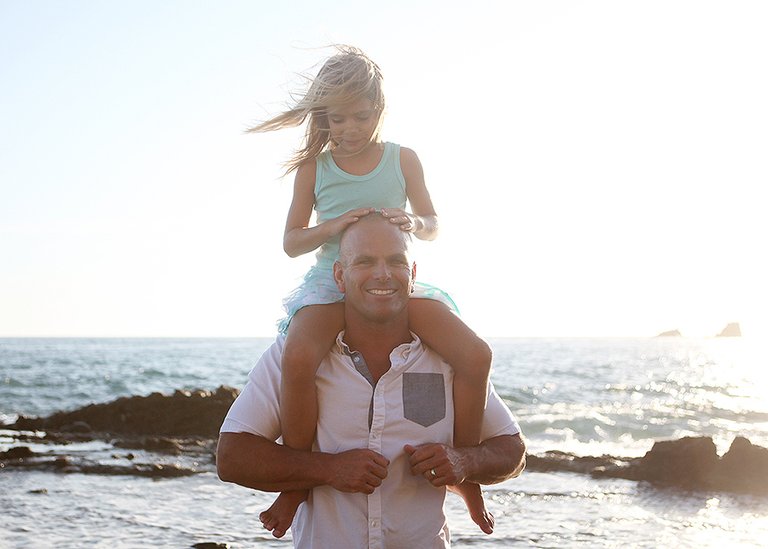
I grew up with the understanding that marijuana was a drug to be avoided. My mother told me in no uncertain terms that she would turn me over to the police if she ever caught me using.
I am also a scientist, I believe in numbers, in testing. But when a national news story hit about marijuana helping children with Dravet Syndrome, a form of epilepsy, I had no choice but to battle my beliefs and try to save my child.
I’ve told my story — or rather that of my daughter Marry Jane’s story — many times. Marry Jane, or MJ, has a rare and intractable form of epilepsy called the Dravet syndrome. During her first four years, she had an estimated 3,000 seizures a day.
As you might guess, our life consisted of ambulances, extended stays at hospitals in Hawaii and on the mainland, and a feeling of helplessness as known drug cures ate away at her platelets. We exhausted every means possible to find the right answers, but existing drug regimes left our little girl listless and barely ambulatory.
Today, at age 7, MJ is alert, her cognitive ability has improved and she can walk with assistance. Most importantly, although she still has seizures, they are dramatically reduced both in severity and quantity. Her quality of life has improved. She and our entire family now have more freedom.
Why? Medical marijuana.
Today, after my personal struggles with learning to grow, harvest, extract and dose all on my own, I find myself incredibly relieved and excited that legal marijuana dispensaries are on their way to Hawaii. At long last, we, and an entire community of caregivers and patients, will have safe, legal and consistent access to lab-tested medical marijuana.
I still have some concerns. I worry about unnecessary procedural delays caused by politics, not science. I worry that ignorance, fear and prejudice will keep people with illnesses from finding the benefits of medical marijuana. I worry that not all dispensaries will have the medical consultation and educational components that, as a caregiver, I know are necessary.
I worry most about affordability. My family, a typical middle-class Hawaii family, is not alone in its consistent need for this medication. The dispensary business costs in Hawaii are going to be high. The price estimates of just the power for indoor growing are astronomical.
Medical cannabis is not covered by Hawaii’s health insurance providers and is not tax-deductible because cannabis is listed as a federal Schedule I drug. This places a major financial burden on those patients already struggling financially. Hawaii’s Act 241 (2015) and the Administrative Rules governing Medical Cannabis Dispensaries prohibits the provision of product at no cost to patients in need.
I hope that dispensaries find a way to help financially troubled patients, that a well-done education effort reaches people who could benefit, and that adequate medical consultation will eliminate the guessing game around strains and doses.
This is a new day for patients and their caregivers in Hawaii. Let’s make it a bright one.
Not very much information. Does she have epilepsy and uses it to control seizures?
Please explaine how?